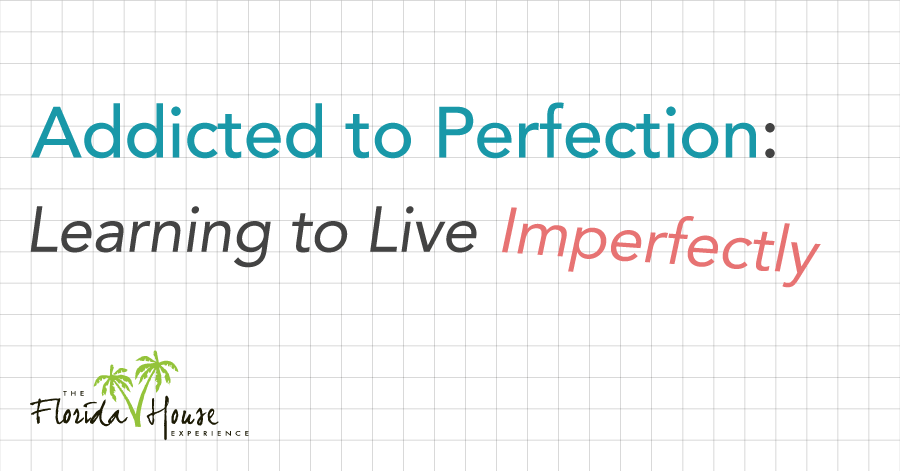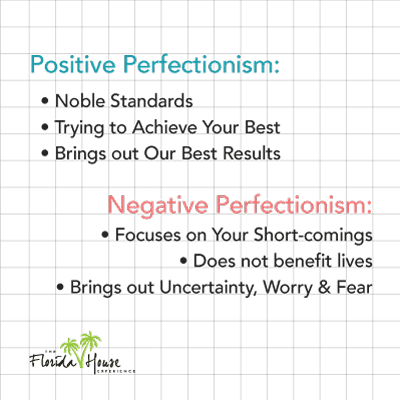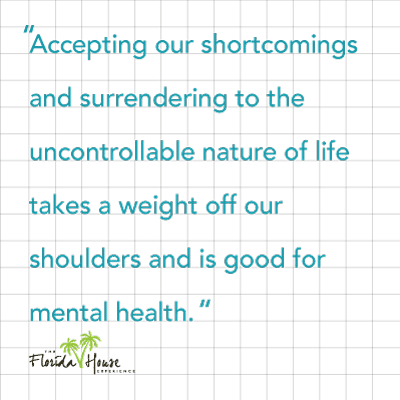
Perfectionism is defined as the consistent attempt to be faultless and involves a set of compulsive behaviors and attitudes employed to achieve this. Perfectionists establish very high parameters within which they live and are immensely critical of themselves when those standards are not maintained. The downfall of such people is that their aims are often inaccessible and yet despite this their lives operate along strict rules meant to help them attain that goal with little room for anything else. However, there are two very different types of perfectionism.
Positive perfectionism is completely normal, as it entails having noble standards for oneself and wanting to be the best. This one is what can drive people to be good students, excellent employees, reliable friends, and loving partners. However negative perfectionism is abnormal and does not do much to benefit the lives of people. Rather it brings about worry, uncertainty, and fear; all three of which can be crippling. Someone with positive perfection will understand that some deadlines will not be met, there will be failings on their behalf, and certain things are beyond human control. Negative perfectionism leaves individuals with stress as they feel like every shortcoming is the end of the world that others will judge them on for the rest of their lives.
Perfectionism and Mental Health
 While positive perfectionism can give structure to a person’s life, there is room for things not to work out and for that not be interpreted as a disaster. When tasks are completed, however, the individual is able to enjoy the pleasure and reward. No such flexibility exists with negative perfectionism. Negative perfectionism is a type of neurosis not grounded in reality. Neurotic people will have unrealistic goals that do not consider the limitations of human beings. Even if those objectives are met, no joy is felt as the person is off to the next unattainable target.
While positive perfectionism can give structure to a person’s life, there is room for things not to work out and for that not be interpreted as a disaster. When tasks are completed, however, the individual is able to enjoy the pleasure and reward. No such flexibility exists with negative perfectionism. Negative perfectionism is a type of neurosis not grounded in reality. Neurotic people will have unrealistic goals that do not consider the limitations of human beings. Even if those objectives are met, no joy is felt as the person is off to the next unattainable target.
When someone gets stuck in this cycle of stretching themselves beyond capability, perfectionism has now become an addiction. And as with every addiction, there is a toll on mental health. Neuroses cause individuals to lose their self-esteem and self-confidence. They often doubt their abilities to accomplish tasks set forth. Every decision they make, no matter how simple, is mulled over numerous times. This can be mistaken for the pursuit of excellence or high ambition when in fact it is actually going to inflict tremendous psychological stress that can be entirely avoided.
Most people grow up being rewarded for achieving results and shamed for not meeting expectations. Regardless of how that manifests in every individual’s life, we all learn that we will be accepted and loved when successful and rejected for the opposite. This toxic message leads to developing a false sense of self that is presented to the world. Always to portray an image of perfection and contentment no matter what is going on under the surface. All of these factors come together and give birth to perfectionism, which is not conducive to daily life or to a sound mind. If we are perfect, then nobody can judge us. Sadly, endorsing this behavior over a period of time has drastic consequences and perfection addiction can then lead to other diseases.
The issues with self-esteem and self-worth can trigger eating disorders due to feelings of inadequacy and having a distorted image of oneself. The anxiety and/or fear associated with not completing a task may become rehabilitating and take shape as obsessive-compulsive disorder. OCD can be induced by stress and is characterized by individuals experiencing repetitive, obsessive thoughts and compulsive behaviors. Perfectionists when they have a goal in mind, have such experiences and are unable to shake them. Clearly, mental health is not an issue to be taken lightly. It is a growing epidemic in the United States that perfectionism is certainly capable of worsening. About 18.5% of adult Americans experience mental illness, while 4% have a major mental illness that acts as a barrier to school, work, relationships, and family.
Learning to Live Imperfectly

- Every day is a new day full of possibilities. If the list of tasks you set out to tackle in twenty-fours hours remains incomplete at the end of the day, that is okay. There is always another day coming where you can finish all of those things and take the proper time to do so.
- Your plan will never work out perfectly. There are so many unforeseen circumstances and external factors that impact our abilities to reach intended targets. You may plan out your day minute-by-minute, but what if there is an accident on the road and you are stuck in traffic? What if your computer malfunctions and you lose all of your work? These are situations beyond your control. There is no need to beat yourself up about it.
- Always remember that goals can change. When you write something down on paper or put it into a planner, it is not set in stone. Not everything needs to be completed on a certain day at a specific time in a particular way. You need to be more flexible about this. Rearranging goals do not make them less important, you are just doing yourself a favor.
- Approaching life imperfectly is better for mental health. There is less stress and worry. People who use this method are less likely to demonstrate “all-or-nothing” attitudes that deprive them of the ability to appreciate small achievements in life that a perfectionist would surely miss. Imperfectionists are not as taxed by their thoughts because relapses are seen as a part of life. Knowing this allows them to accept their flaws, which distinguishes them from perfectionists who would never forgive themselves for relapsing.
- Use mistakes as opportunities to learn and better yourself. Rather than seeing it as a total catastrophe, think about why the mistake was made and how you can prevent further ones. Human beings are fallible. Knowing to forgive and love yourself unconditionally is a major relief to your mental health.
Contact Florida House
Addiction does not always come in the form of drugs and alcohol. Chasing perfection is an addiction onto itself that can have adverse effects on the body and mind. It is a matter that needs to be addressed and treated immediately. Learning to live imperfectly sounds simple and generic, but it is a delicate process that makes life much less stress-inducing. If you or someone you know wants to learn about perfectionism and how to manage it contact us at 833-596-3502.






